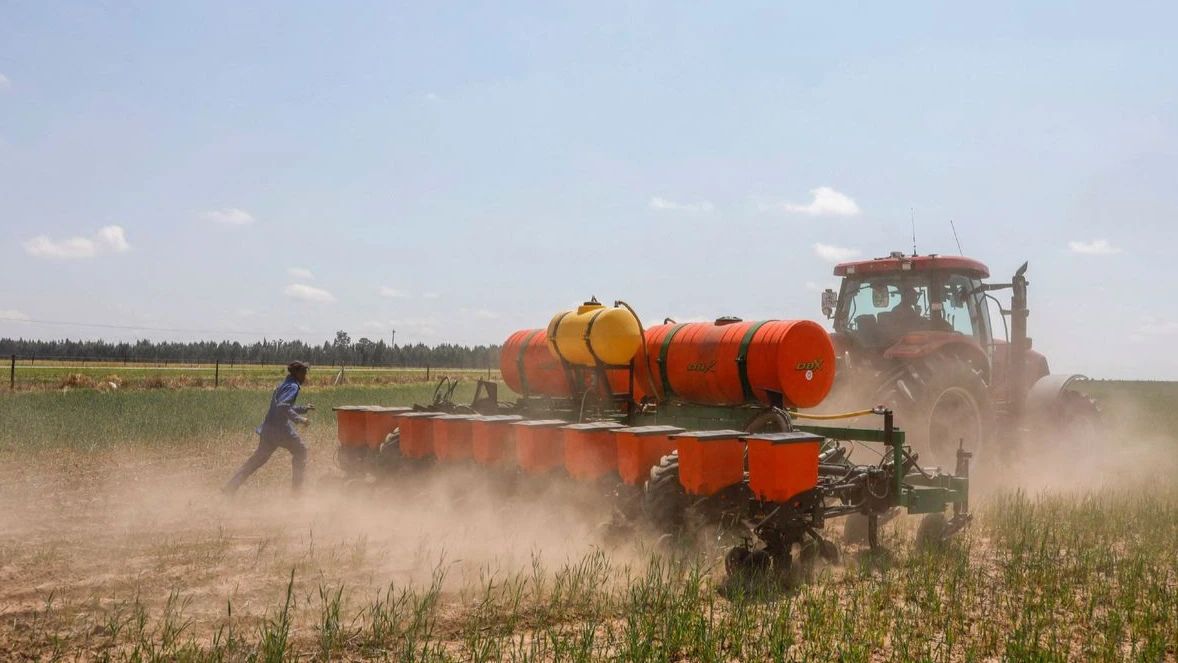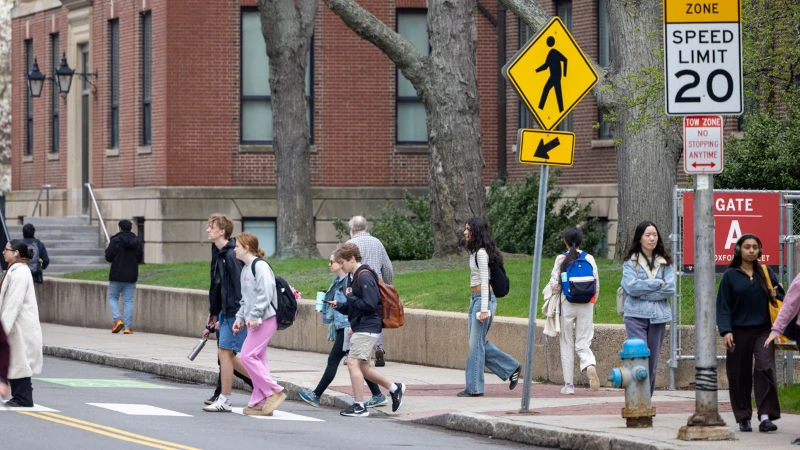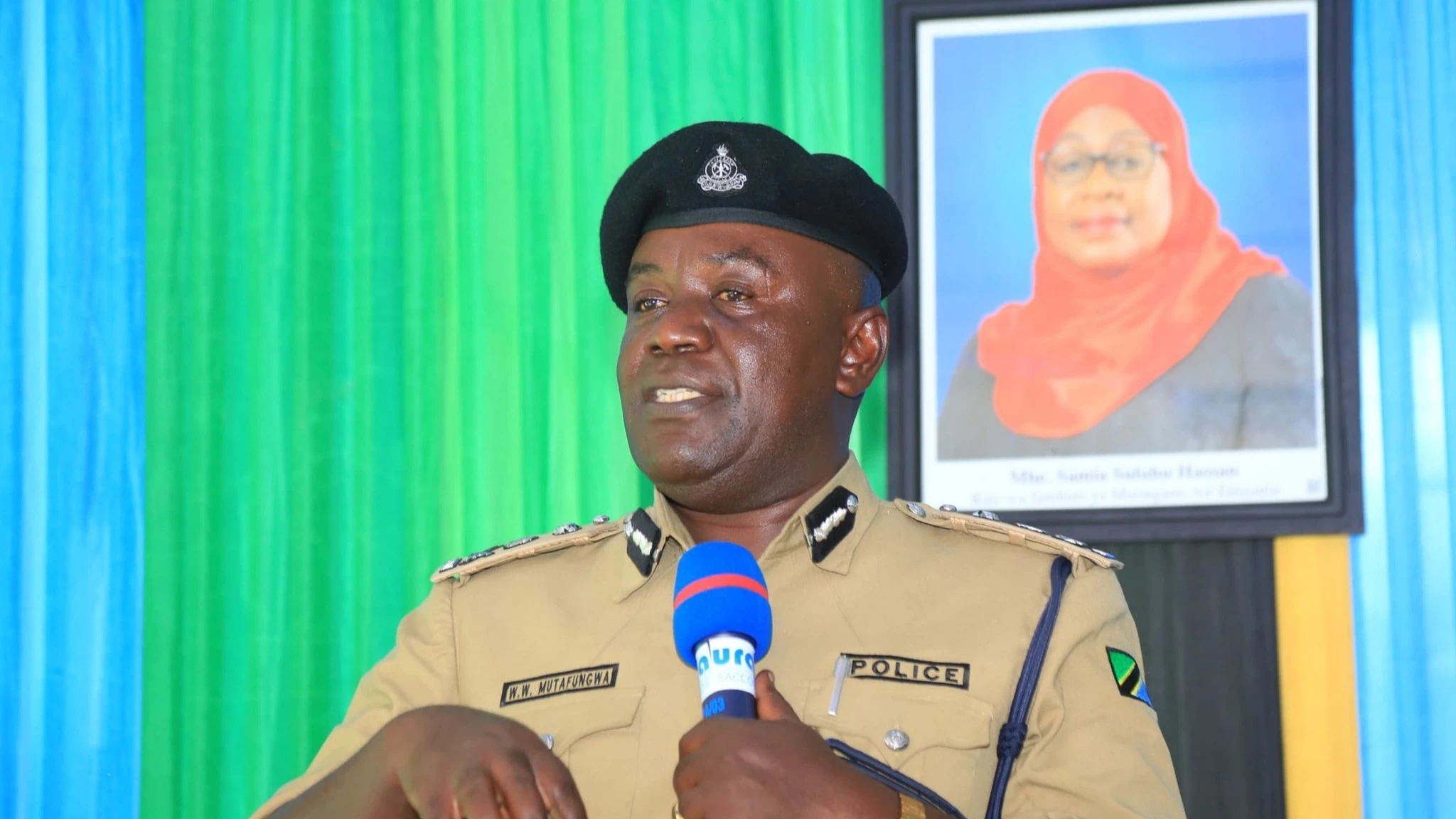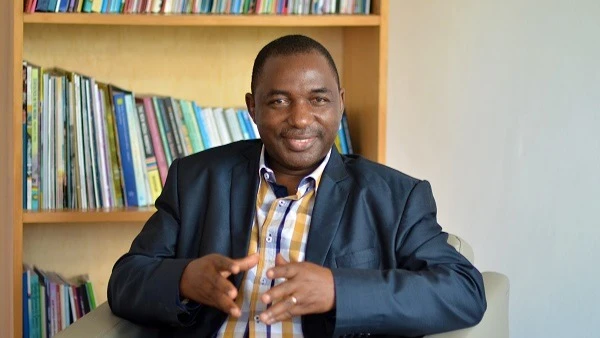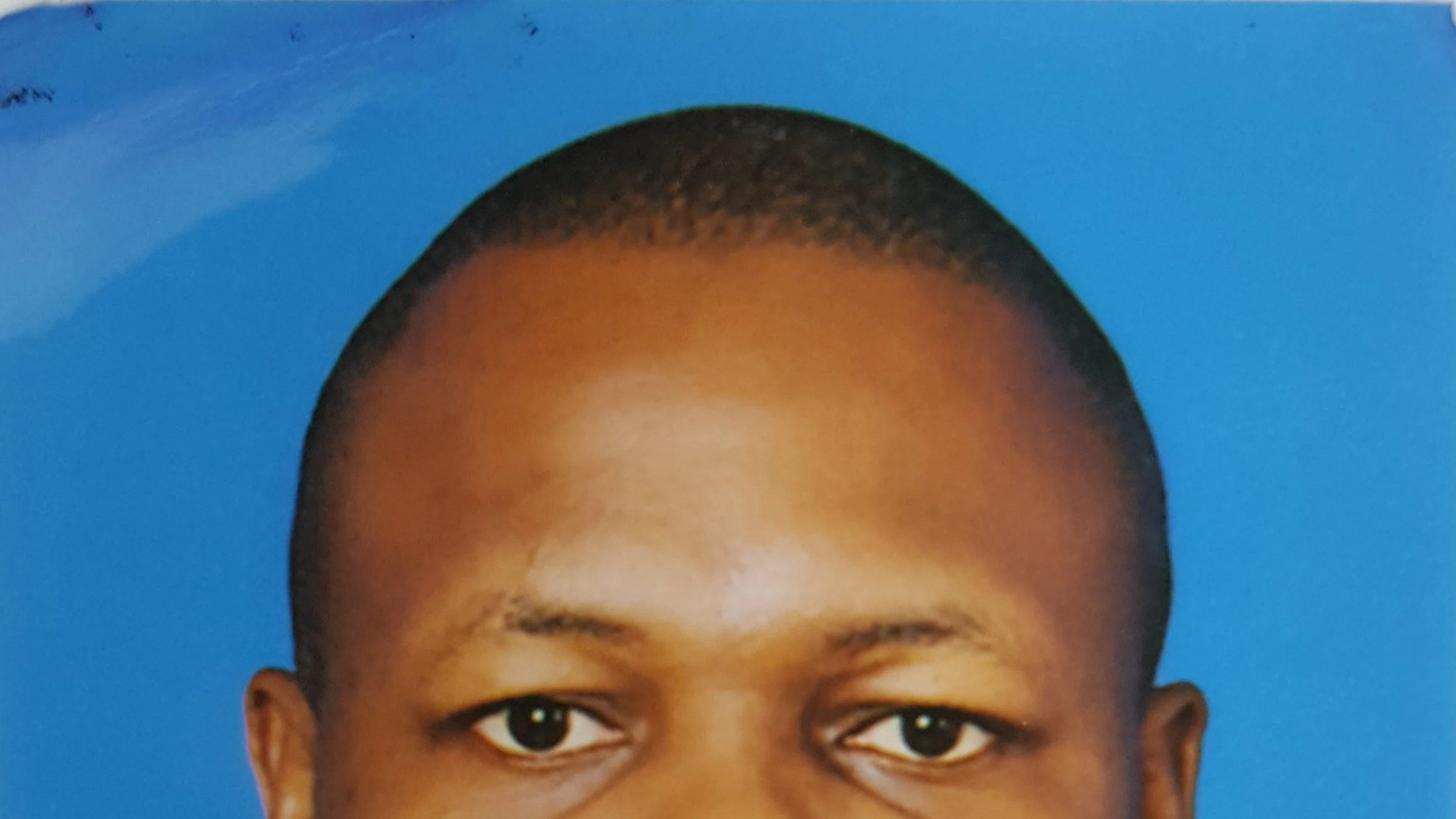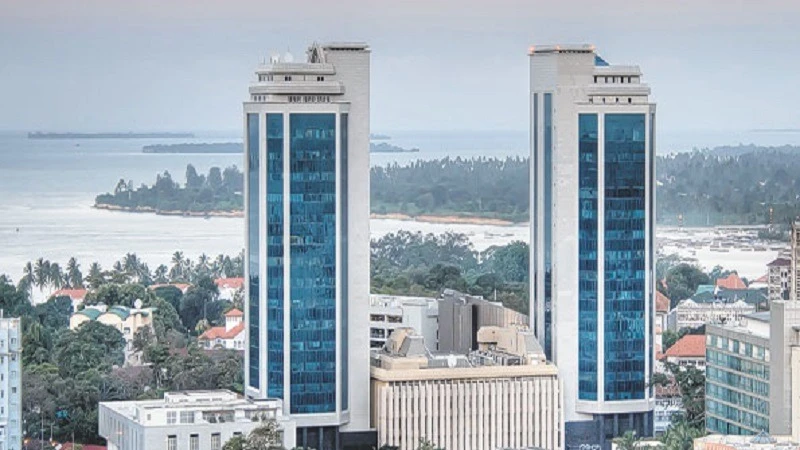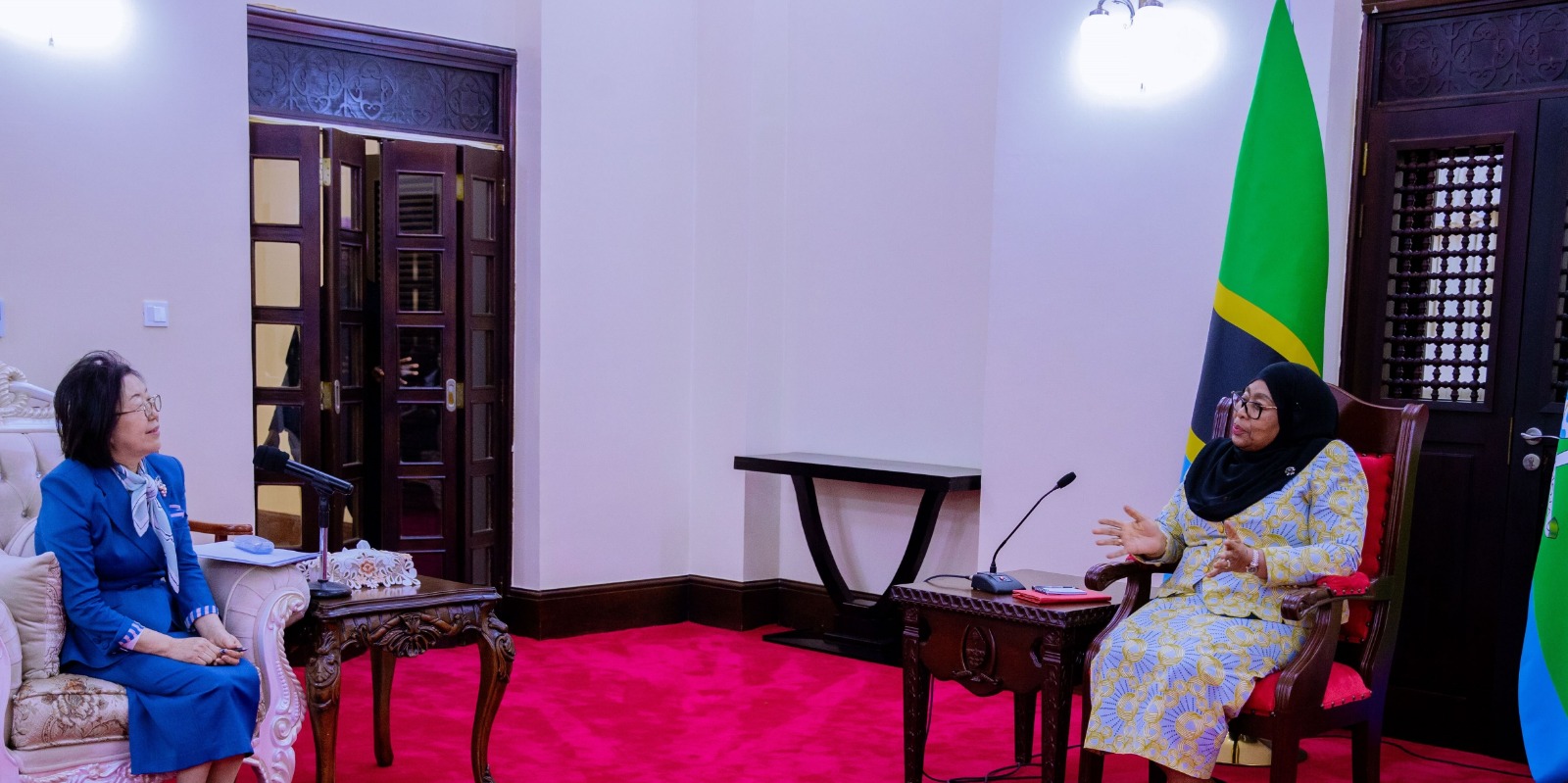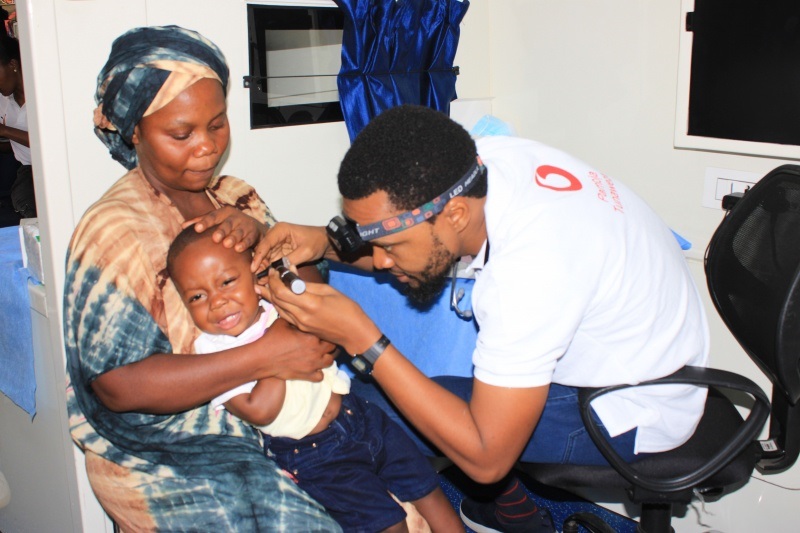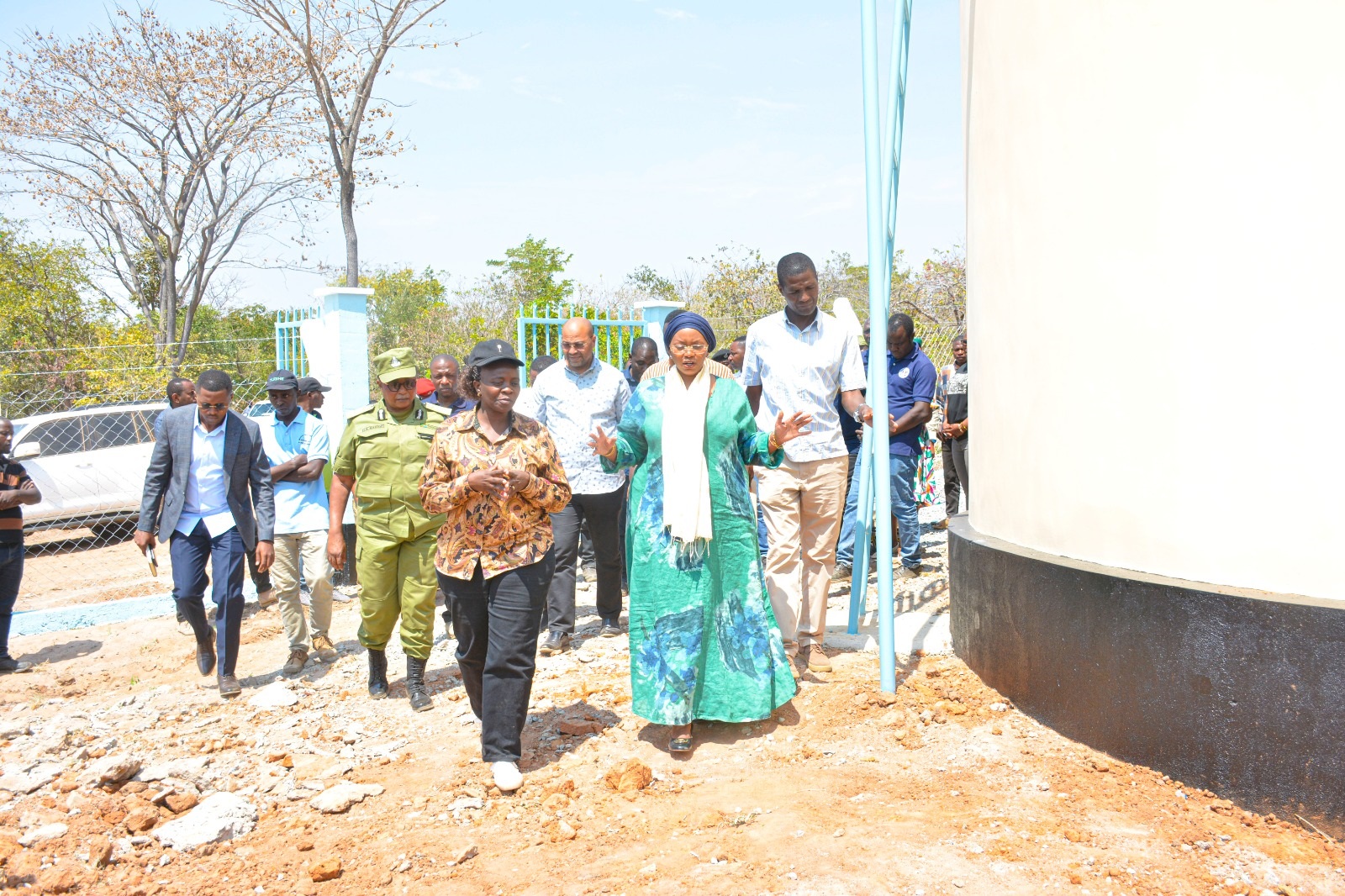Korea's Healing Touch: Restoring sight and advancing surgical care in Tanzania
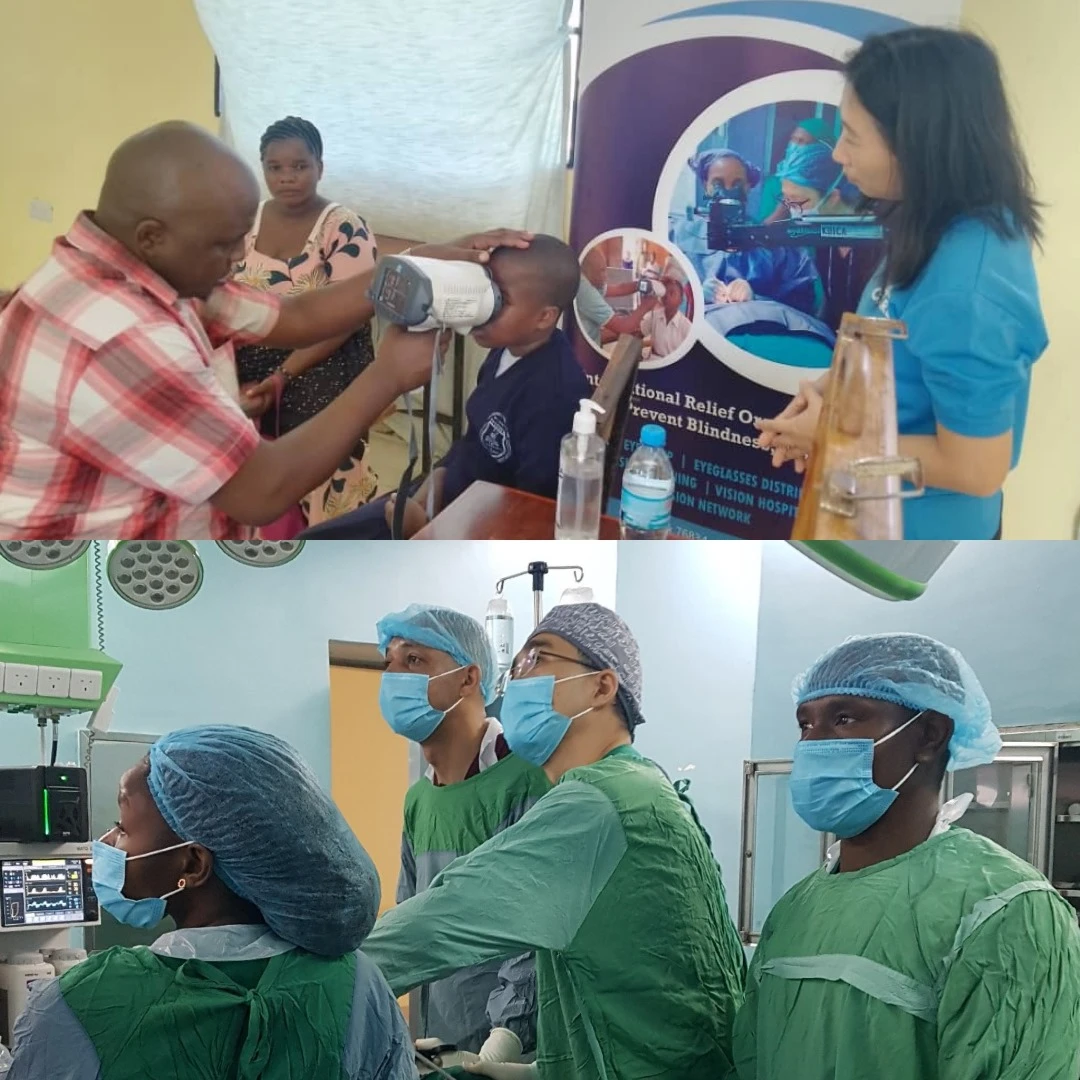
As Korea’s leading grant aid agency, the Korea International Cooperation Agency (KOICA) has been contributing to Tanzania’s development across various sectors since the establishment of its country office in 2002. In addition to its broader development cooperation efforts, KOICA supports Korean civil society organizations (CSOs) working in Tanzania across key sectors such as health, education, water and sanitation, and rural development. Through these CSO partnerships, KOICA helps deliver grassroots solutions that reach vulnerable communities and contribute to inclusive, community-led development outcomes.
In parallel with project-based cooperation, KOICA has dispatched a wide range of professionals and volunteers to Tanzania through the World Friends Korea program. Since 2002, more than 1,400 individuals—including medical doctors, public health experts, ICT and science teachers, agricultural specialists, and special education professionals—have served in regions across the country such as Dar es Salaam, Pwani, Morogoro, Mtwara, Iringa, Mbeya, and Zanzibar.
These dedicated volunteers have worked closely with local communities, delivering essential services, sharing knowledge, and strengthening mutual understanding between Korea and Tanzania.
Restoring Sight, Renewing Hope: KOICA and Vision Care Reach Tanzanian Pupils
More than 1,100 pupils at Kanesa Primary School in Kongowe Ward have received free eye screenings, thanks to an ongoing initiative led by Vision Care Tanzania and supported by the Korea International Cooperation Agency (KOICA). The outreach is part of a larger project aimed at preventing blindness and strengthening the national eye health system.
Over three days, 1,158 students including kindergarteners, were screened by a team of specialists from Muhimbili National Hospital, Tumbi Referral Hospital, and Kibaha District Hospital. Of those screened, 57 children were diagnosed with visual impairments. A total of 42 out of 57 school pupils who were found to have eye problems were examined by doctors, 30 were given spectacles and 14 were provided with medicine to restore their eyesight all at no cost to their families.
Dr. Jieun Park, Country Director of Vision Care Tanzania, emphasized the importance of early intervention. “Children with untreated vision problems struggle in school. By identifying these issues early, we help them succeed academically and socially,” she said. Dr. Park’s commitment to Tanzania is deeply personal.
She is a former KOICA volunteer who first came to the country several years ago. Her time working closely with local communities during her volunteer years inspired her to remain in Tanzania and dedicate herself to improving access to eye care for those who need it most.
This marks the first time Kanesa Primary School has hosted an eye screening. The head teacher Ngairo Jordan said many children once considered inattentive were actually dealing with undiagnosed vision problems.
“One girl, Farida Magembe, had nearly dropped out due to poor vision. After receiving glasses, she’s now attending all her classes and even took her mock exams,” said Ngairo Jordan. He called for follow-up visits and more teachers training to sustain the program.
Twelve teachers at Kanesa were trained to perform basic vision checks and identify signs of eye issues in students. This helps schools refer affected pupils for further care.
Farida’s mother, Asha Salehe, expressed gratitude: “Due to my poor condition, I couldn’t afford treatment. This program gave my daughter a second chance.”
Another parent, Madina Juma, shared how her son Azad, a Standard One pupil, also received glasses after years of vision trouble. “He can now see the blackboard and write in class. I’m so thankful,” she said.
Since 2021, Vision Care has extended school screening to seven primary schools in Kibaha District, reaching more than 5,000 students. In 2023, the organization screened 3,849 individuals and conducted 144 cataract surgeries across various communities.
The effort is part of a broader program titled “Prevention of Blindness through Strengthening the Comprehensive Eye Health System in Tanzania.” Funded by KOICA,
Beyond Kibaha, Vision Care Tanzania, in collaboration with KOICA and WHO, has extended similar outreach programs to six districts Rufiji, Chalinze, Kisarawe, Bagamoyo, Mkuranga and even to parts of Zanzibar. According to Dr. Park, these efforts yielded tangible impact: “A total of 3,849 people received eye care services. Of these, 172 were assessed for surgery and 144 successfully underwent sight-restoring operations. We also conducted eye health education and distributed awareness leaflets to encourage early care-seeking.”
She added, “As Vision Care, KOICA, and WHO, we are very pleased with this achievement. Our work has helped prevent avoidable blindness, restore independence, and strengthen health systems in underserved communities. This is Korea’s grant aid in action delivering real, lasting impact through KOICA.”
With plans to screen 16,000 students and reach 40,000 people by 2025, Vision Care Tanzania continues its mission to ensure that every Tanzanian has the opportunity to see a better future.
KOICA’s Global Doctor Program Strengthens Surgical Capacity at Muhimbili
After more than two decades of international medical service, Dr. Dae Dong Kim, a seasoned South Korean colorectal surgeon, has brought his expertise to Tanzania through the Korea International Cooperation Agency (KOICA)'s Global Cooperation Doctor Program further deepening Korea's long-standing commitment to strengthening Tanzania's healthcare system.
Based at Muhimbili National Hospital, Dr. Kim is part of a broader KOICA initiative aimed at enhancing specialized medical services across major institutions, including the Muhimbili–Mloganzila and Muhimbili–Upanga campuses.
"Twenty-three years ago, I had a chance to volunteer abroad and nearly chose Tanzania, but I went to Kazakhstan instead," Dr. Kim shared. "Coming here now feels like fulfilling a promise I made to myself, a mission of the heart, a repayment. I came to fulfill a promise of commitment to improve lives through shared knowledge and compassion”.
Muhimbili holds particular meaning for Dr. Kim, as it was established with support from the Korean government. He describes it as "one of the best hospitals in the country, with great potential."
Dr. Kim has been instrumental in helping Tanzanian surgeons and medical students adopt minimally invasive surgical techniques, which are now considered the global standard.
"This shift isn't just about using new technology," he explained. "It means faster recovery and fewer complications for patients."
Using a watch–assist–perform approach, Dr. Kim mentors junior surgeons to first observe, then assist, and finally conduct procedures under supervision. The approach offers a more structured, practical, and mentorship-driven alternative to conventional observation-based training, allowing local surgeons to gradually build confidence and capability in complex procedures.
"In Korea, we say: seeing once is better than hearing a hundred times, but doing once is better than seeing a hundred times. That's how real learning happens," he noted.
One of Dr. Kim's proudest moments was completing a complex surgery alongside Tanzanian colleagues. He helped perform a rare, complex en-bloc resection of a massive uterine tumor that had invaded the rectum, a procedure previously deemed inoperable, locally marking a milestone in multidisciplinary surgical collaboration at Muhimbili. Such cases brought together a team of surgeons, radiologists, pathologists, and gynecologists.
“We made history,” one of the surgeons said after the surgery. “That was very special because we did it together,” he recalled, emphasizing that the collaboration among departments was the key to their success.
Despite the encouraging progress, Dr. Kim notes that Tanzania continues to face challenges in specialist surgical services and medical infrastructure.
"In Korea, general surgery is divided into subspecialties colorectal, liver, vascular, transplant. That depth improves outcomes. Here, general surgeons must cover all areas," he observed.
He pointed to urgent gaps in hepatobiliary and pancreatic surgery, as well as interventional radiology particularly at Mloganzila, where some procedures are delayed due to a shortage of trained personnel.
"Interventional radiologists are vital. They support every department whether draining abscesses or placing stents. Without them, patient care is compromised," he said.
Dr. Kim expressed optimism that liver transplantation will become a reality in Tanzania within the next decade, as experience and infrastructure are steadily being built with KOICA's support.
Looking forward, he hopes his legacy goes beyond surgical skill.
"I hope my efforts however small can reduce patient suffering and contribute to a stronger healthcare system. Most importantly, I want young doctors to treat every patient with sincerity and compassion. That's what truly makes a difference," he said.
Through KOICA's ongoing projects, South Korea continues to stand beside Tanzania not just by providing equipment and training, but by cultivating long-term professional exchange and friendship.
Top Headlines
© 2025 IPPMEDIA.COM. ALL RIGHTS RESERVED








